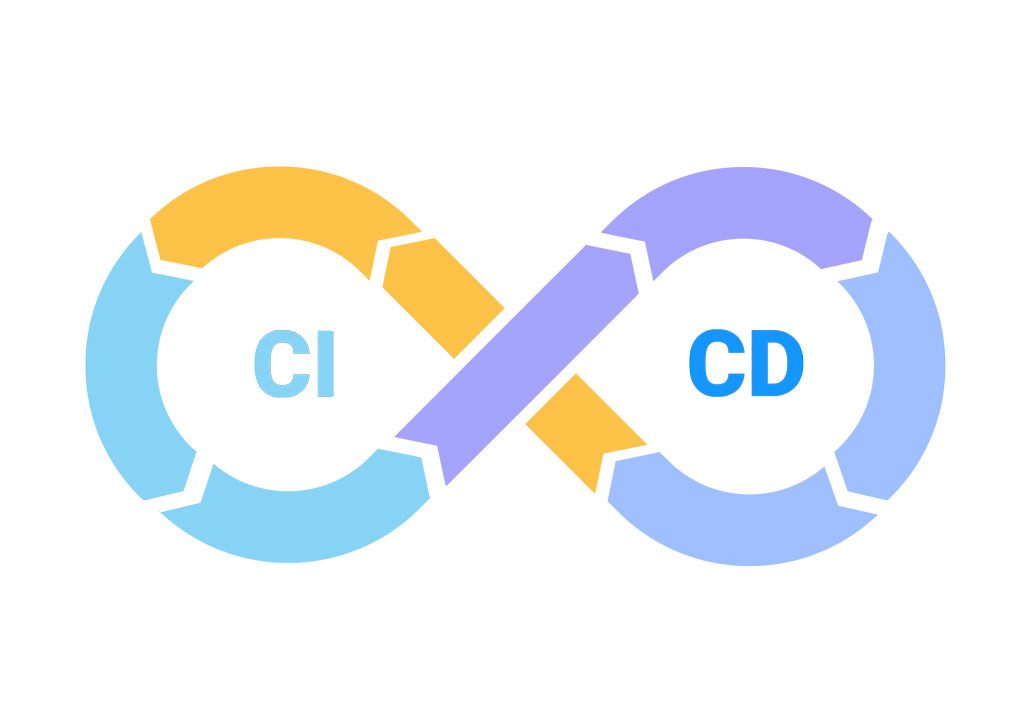
Choosing the right cloud service provider can have a significant impact on an organization’s operational efficiency. The first step is to decide between a global cloud service provider, such as Amazon Web Services (AWS), Google Cloud Platform (GCP), and Microsoft Azure, or to opt for companies operating at a local or regional level, as is the case with many Spanish or European Union-based businesses.
It’s essential to consider that to comply with the General Data Protection Regulation (GDPR) of the European Union, servers containing personal data level must be located within the European Union. This regulation sets parameters on how organizations should collect, process, and store personal data, establishing specific rights for individuals concerning their personal data.
Global Cloud Service Providers
Amazon Web Services (AWS), Google Cloud Platform (GCP), and Microsoft Azure lead the global cloud services market, offering a variety of services, including website hosting, databases, data analytics, artificial intelligence, and machine learning, among others. Their main advantage lies in their ability to scale rapidly thanks to their robust global infrastructure. Additionally, the extensive range of services they offer, some highly specialized, often surpasses what local providers can offer.
However, the wide array of choices and customization these global giants offer can be overwhelming for non-technical users. Setup can be intricate and require specialized knowledge. Although the flexibility in configuration allows cost adjustment based on needs, expenses can sometimes be challenging to predict, as they are calculated based on multiple variables like CPU usage, data storage, and data transfer.
Local Cloud Service Providers
On the other hand, local providers like 1&1 IONOS, Arsys, CDmon, Dinahosting, and Nominalia tend to focus on the specific needs of their region. They offer more personalized services, including local language support, which can be a significant differentiator for companies operating in their native language.
Moreover, their offerings tend to be more straightforward and easier to understand, which can be more accessible for users with less technical knowledge. Many local providers offer pre-configured packages that simplify the selection and management of cloud services. Costs are also typically more predictable, as these packages have fixed prices that include a specific set of resources.
How to Decide?
Choosing between a local or global provider largely depends on the specific service planned for implementation. Consider some common applications and how they might influence the choice:
- Website: Basic websites with moderate traffic are ideal for local providers, offering simple web hosting packages.
- Self-hosted Ecommerce: As an ecommerce grows in traffic and transaction processing, it might require the scalability that a global provider can offer.
- Databases and Big Data: While local providers can handle smaller databases, global providers are better equipped to manage large volumes of data and offer advanced data analysis tools.
- ERP (Enterprise Resource Planning) and CRM (Customer Relationship Management): Depending on user location and data nature, both local and global providers might be suitable. Global providers might be more appropriate for multinational companies.
- Mobile Application Backend: If the app has users worldwide, a global provider is the most suitable option.
- Software as a Service (SaaS): Global providers are generally the best choice due to their scalability and range of services.
- IoT (Internet of Things): IoT devices generate a vast amount of data which needs processing and analysis. Global providers usually have robust solutions for IoT.
- Social Networks: Social networks require high scalability to support a large user base, characteristic of global providers.
- Online Games: Global providers are the most suitable choice, providing the low latency and high performance that online games typically require.
- Blockchain: Both global and local providers can be suitable for blockchain applications, depending on specific needs.
- Artificial Intelligence (AI) and Machine Learning (ML): For AI and ML applications, global providers are generally the best option, offering a range of specialized services and tools.
- Virtual and Augmented Reality (VR/AR): VR/AR applications usually require a vast amount of processing resources and bandwidth. Global providers are better equipped to handle these demands. Global providers are better equipped to handle these demands.
The decision to choose between a global and local provider will be based on the specific needs of each application or service, cost considerations, scalability, user location, and necessary technical skills. At QualitApps, we can help you set up cloud servers from both local and global providers, and we can assist you in migrating from local servers to the cloud.





